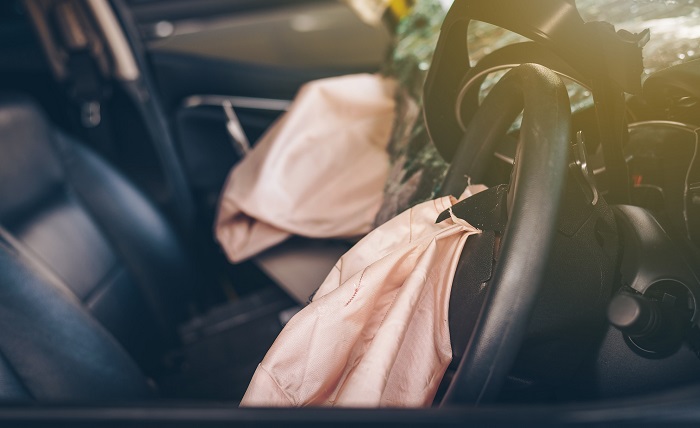
Your First Steps After A Car Wreck

Car accidents are extremely scary experiences. They’ll often result in such outcomes as vehicle damage, property damage and injuries. These might prove costly and worrisome. However, if you have car insurance, you might have financial recourse for your losses. Still, you must file insurance claims appropriately to reap the financial benefits. How do you do this?
Contact the Police Immediately
As soon as a wreck occurs, get control of the scene. If you and your passengers are not hurt, move the vehicle off the road. See to the welfare of the other driver, if possible. Usually, you should not try to direct traffic or remain in the roadway. Leave that to the professionals.
Then, call the police. You will need them to come to the scene for a few reasons.
- Police will need to control the scene and divert traffic around the area.
- The can bring medical assistance and other emergency help.
- You and the other driver will need the police to document the accident. Police reports can assign fault and document the damage in the wreck. This will prove critical in settling your insurance claims.
The police know how to professionally handle the accident scene. Thus, you and other parties should let them become your mediators.
Work with Your Insurance Agent
As soon as you call the police, speak to the driver of the other vehicle. However, do not admit guilt or innocence in causing the accident. That’s up to the police and your insurer.
Your insurer should be your next phone call. They will help you start a claims process. They might ask you for:
- Your insurance policy number. You should have a copy of your insurance cards in your car.
- The contact information, vehicle registration and insurance information of other involved parties. Gather this information.
- A description of your vehicle.
- A description of the damage to the vehicle. Many insurers will also ask you to take photos of the vehicle damage.
- Information on injuries sustained.
- A police report. Get this form from the police before they leave the scene.
After gathering this information, your insurer will likely initiate a preliminary claim. Depending on fault in the accident, your policy will pay in different ways. For example, if the other driver is at-fault for the accident, your policy might not have to pay. Rather, it’s up to the other driver’s liability coverage to do so. Even so, your own policy might help you settle certain costs not covered by the other driver’s policy.
After a wreck, work with your insurer and the local authorities to get control over the damage. With the right care, you can make the process a lot easier on yourself and others involved.
Categories: Blog
